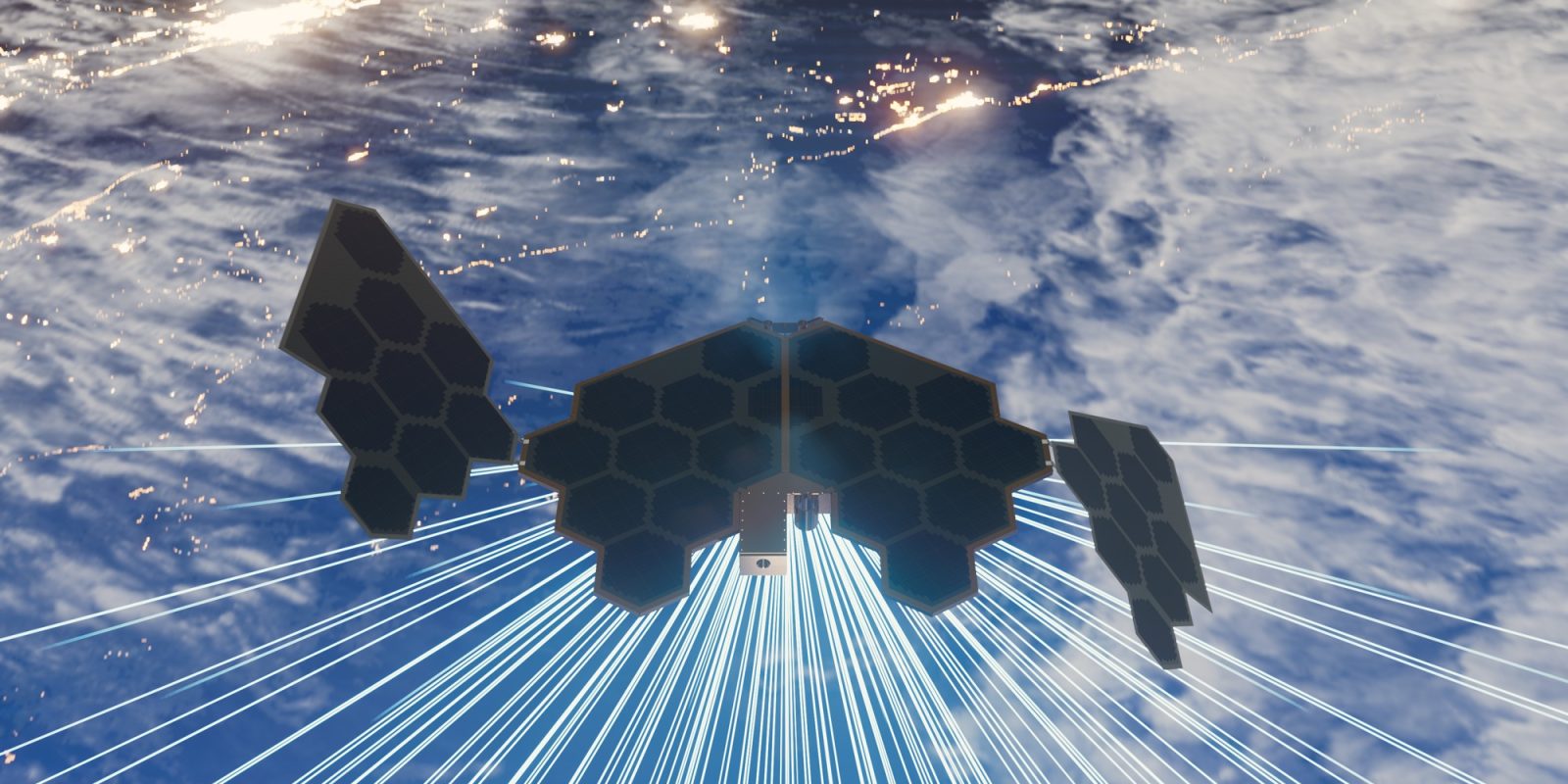
SpinLaunch, the California-based space startup once best known for trying to fling satellites into orbit with a giant centrifuge, has entered a new phase. The company announced in August that it closed a $30 million Series C funding round, bringing its total raised to about $203 million. Investors include ATW Partners and Kongsberg Defence & Aerospace, which has also committed satellite manufacturing resources to the project.
The financing is intended to accelerate the development of SpinLaunch’s low-Earth orbit broadband constellation, Meridian Space.
Founded in 2014, SpinLaunch drew attention for its Orbital Accelerator, a vacuum-sealed centrifuge designed to hurl space-bound payloads at hypersonic speeds. Prototype tests in New Mexico and Long Beach showed objects could be launched at thousands of miles per hour, experiencing forces as high as 10,000 Gs. Critics questioned whether delicate electronics could survive.
“This is not a crazy idea, but it’s definitely radical,” astrophysicist Ethan Siegel told Big Think in 2022, adding that surviving atmospheric drag would be “a major challenge.”
Wired described the project as “a Rube Goldberg-esque attempt to upend the rocket industry” but acknowledged its potential to slash launch costs by cutting out most propellant.
Despite the doubts, SpinLaunch maintained that its centrifuge tests validated key parts of the concept. Over time, however, the company broadened its focus, announcing Meridian Space earlier this year.
Meridian Space is expected to consist of 280 microsatellites weighing about 70 kilograms each, with manufacturing support from Lithuania-based NanoAvionics, a subsidiary of Kongsberg. The constellation is designed to deliver secure and cost-efficient connectivity for both enterprise and government markets.
“The priority currently is on the constellation, but the team is still working on the launcher,” SpinLaunch CEO Massimiliano Ladovaz told Payload in August. “It’s all about designing satellites that are compatible with the launcher.”
The comment suggests that SpinLaunch is not abandoning its centrifuge entirely, but rather aiming to build satellites rugged enough to one day ride that system. The company says the fresh funding will advance both satellite production and its ground technology.
In a statement, SpinLaunch said it had “completed full-scale testing of its proprietary multi-band reflectarray antenna, which is compact, energy-efficient and scalable.” The antenna is described as a cornerstone for Meridian Space, allowing lower-cost deployment of broadband services. The company is targeting an initial customer link in the second half of 2026.
Analysts note the pivot puts SpinLaunch into direct competition with better-known players. SpaceX’s Starlink already fields more than 6,000 satellites, while OneWeb has global coverage partnerships. The company argues that its compact technology and open-architecture design will provide an edge in flexibility. But entering such a crowded market won’t be easy.
“The real challenge is not just launching satellites – it’s standing up a commercial service in a field already dominated by deep-pocketed incumbents,” said one industry analyst quoted by Payload.
Still, investors appear encouraged. “SpinLaunch has a unique approach that combines innovative satellite technology with the long-term potential of its kinetic launch system,” ATW Partners said in the Series C announcement. Kongsberg Defence & Aerospace called its $12 million investment “a strategic step to enhance European access to space.”
Whether Meridian Space delivers on its schedule will likely determine how much room SpinLaunch has to keep pursuing its centrifuge dream. For now, the company presents itself as both a satellite operator and a launch innovator. If it can succeed in broadband while continuing to mature its radical launcher, SpinLaunch could carve out a hybrid role in the increasingly competitive commercial space sector.
FTC: We use income earning auto affiliate links. More.



Comments